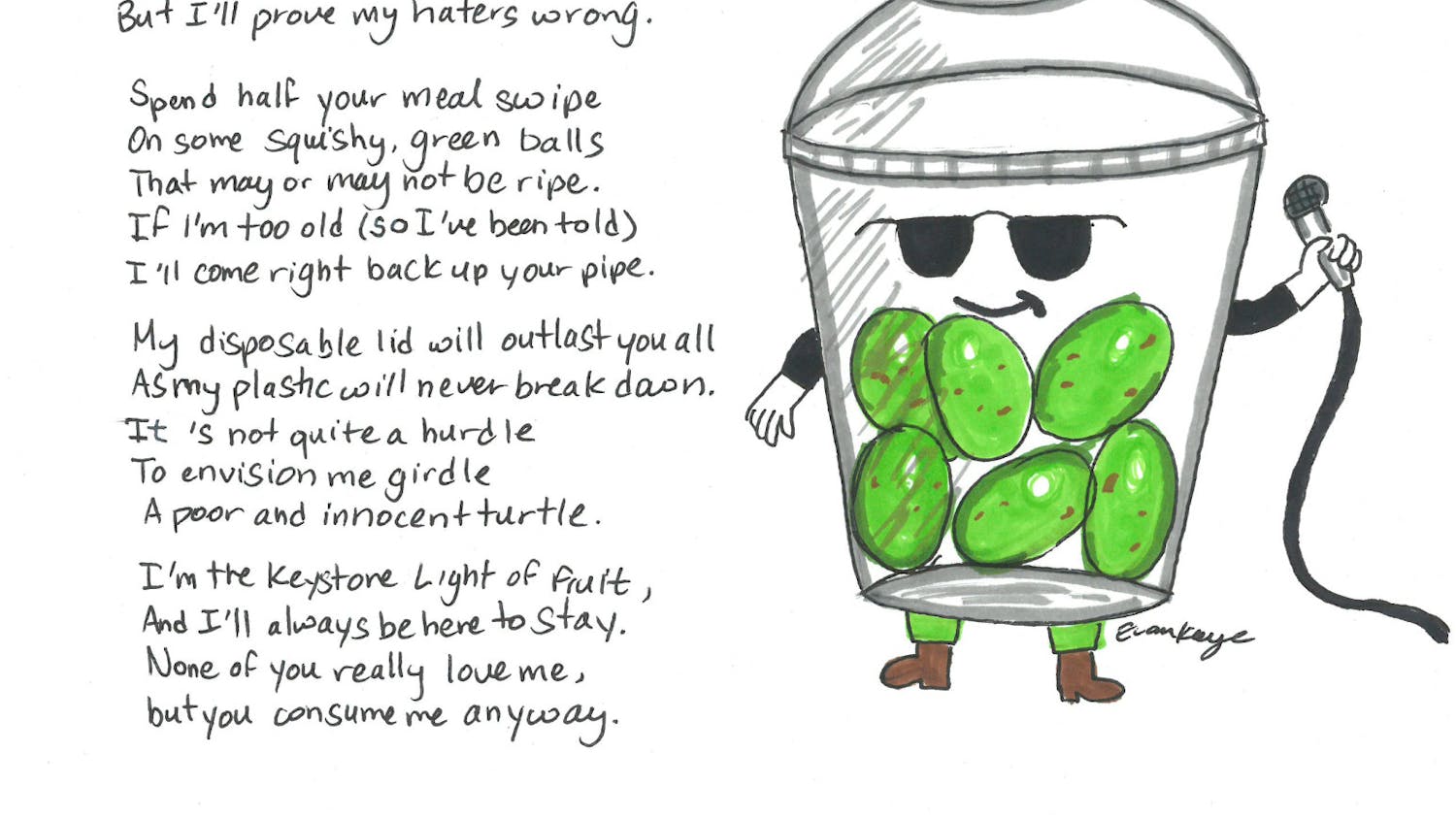The provost search committee is moving forward with plans to fill the vacancy left by Carol Folt, who is currently chancellor of the University of North Carolina at Chapel Hill. The committee hopes to find a provost by spring 2014, committee chair and Native American studies program chair Bruce Duthu '80 said.
College President Phil Hanlon formally tasked the committee with conducting the search at its first meeting on June 5. Since then, members of the committee have met with campus leaders to better understand the provost's duties, Duthu said.
Interim provost Martin Wybourne will continue in his role until the position is filled.
The search committee includes faculty members from the College and graduate schools, such as government department chair John Carey, engineering professor Tillman Gerngross, Tuck School of Business professor Robert Hansen, Geisel School of Medicine professor Yolanda Sanchez, English professor Barbara Will and mathematics and computer science professor Peter Winkler.
Dean of Admissions and Financial Aid Maria Laskaris and two students, Nia Foney '15 and John O'Toole Tu'14, also sit on the committee.
The search committee is working with executive search firm Isaacson, Miller, which focuses on finding leaders for nonprofit organizations and public agencies, to provide Hanlon with a slate of the most qualified candidates. Hanlon will ultimately choose the new provost, Duthu said.
Isaacson, Miller has established a team of three representatives to assist in the provost search, including co-founder John Isaacson '68, John Muckle '99 and Leslie McCarthy.
The firm was employed by the College during its presidential search process and recently helped fill provost positions at Creighton University, Massachusetts College of Art and Design, St. John's University, Washington University in St. Louis and the University of California at Merced.
Duthu called Hanlon's timetable for filling the provost position "pretty aggressive," as some candidates may have previous commitments during the 2013-2014 school year.
"The president would love to have someone by the early part of next year, but we're flexible," Duthu said. "We want a diverse, broad pool of people."
It will be important to find someone who is a good fit for Dartmouth's commitment to undergraduate education and world class research capabilities, Duthu said. Experience working in higher education administration and a willingness to commit several years to working at the College are important qualities as well. Hanlon has said that he plans to stay at Dartmouth for at least 10 years.
Both internal and external candidates will be considered for the position.
"We want someone who will be seen as an academic leader but also someone who has fairly deep and meaningful administrative experience," Duthu said.
Representatives from Isaacson, Miller are currently fielding nominations from faculty, students and persons outside the community. Candidates can also nominate themselves for the position.
Isaacson, Miller will pass on a condensed list of candidates for the committee to review. Following further vetting and interviews, the search committee will notify Hanlon of the strongest candidates.
The search committee will send an email update to campus in the next few weeks with more information about the search process and a second request for provost nominations.
Hanlon previously asked for community members to send comments and suggestions for candidates to a provost search email account when he announced the search committee in May.
Although Duthu said he expects the provost position to attract "a lot of very, very strong candidates from all over the country," he acknowledged that the high number of executive level vacancies at other national colleges and universities may lengthen the time it takes to fill Dartmouth's opening.
Seven flagship public research universities and three Ivy League institutions announced searches for a new president or chancellor last year, according to Inside Higher Ed. The number of openings could soon outnumber the individuals typically considered qualified for such jobs.
According to a survey of college and university presidents conducted by the American Council on Education in 2011, the average tenure of college presidents decreased from eight and a half years to seven years between 2006 and 2011.
Tenure for provosts is typically shorter, as administrators in these positions often leave within a few years to pursue presidential positions at peer institutions.
Inside Higher Ed also cited increased scrutiny of college administrators, clashes with state officials over funding shortages and public scandals as reasons for higher turnover rates at universities.
Hanlon has not announced how he will fill the positions of senior vice president and senior advisor to the president, which will be left vacant when David Spalding '76 leaves on Aug. 1 to become dean of Iowa State University's College of Business.
Duthu said that Hanlon has not spoken to the provost search committee about whether he will choose to have a senior advisor.
In 2010, former College President Jim Yong Kim appointed Spalding to a newly designed chief of staff position from vice president of alumni relations. The chief of staff position was eliminated when Spalding took on his current role in 2012.
The search committee will hold its next meeting in late July.



